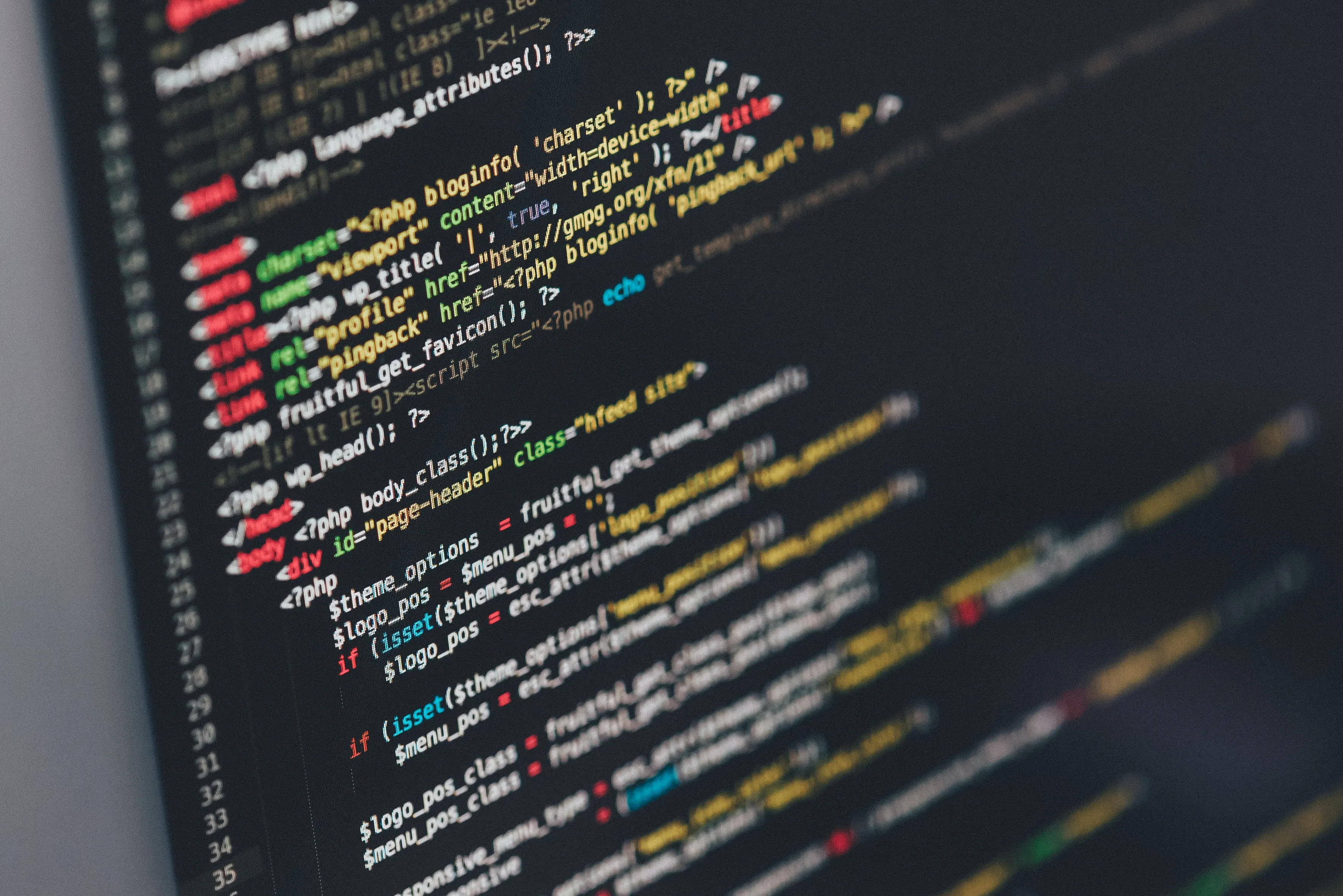The Dangers of AI
The potential dangers of AI if left unregulated are widely discussed in the field of artificial intelligence ethics. While AI technologies offer numerous benefits, they also come with risks that need to be addressed through responsible development, regulations, and safeguards. Here are some of the dangers and ways to avoid them:
1. Bias and Discrimination:
AI systems can inherit biases from their training data, leading to discriminatory outcomes. This is particularly concerning when AI is used in critical areas like hiring, lending, and criminal justice.
Avoidance: Regularly audit AI systems for bias, use diverse and representative training data, and implement transparency in AI decision-making processes.
2. Privacy Violations:
AI can process vast amounts of personal data, raising concerns about privacy breaches and unauthorized data use.
Avoidance: Develop strict data handling policies, follow privacy regulations (e.g., GDPR), use anonymization techniques, and implement secure data storage.
3. Unemployment and Job Displacement:
Automation driven by AI could lead to job losses and economic disruption, particularly for jobs that can be easily automated.
Avoidance: Invest in re-skilling and up-skilling programs to prepare the workforce for changing job landscapes, promote collaboration between humans and AI, and encourage policies that foster job creation in AI-related fields.
4. Autonomous Weapons:
The development of AI-powered autonomous weapons could raise ethical concerns and increase the risk of warfare escalation.
Avoidance: Implement international agreements or regulations to ban or restrict the development and use of autonomous weapons systems.
5. Deepfakes and Misinformation:
AI-generated deepfakes can convincingly manipulate audio, video, and text, leading to the spread of false information and potential harm to individuals and organizations.
Avoidance: Develop robust detection methods for deepfakes, promote media literacy, and encourage responsible content sharing.
6. Lack of Accountability:
When AI systems make mistakes or cause harm, it can be challenging to assign responsibility due to their complex nature.
Avoidance: Develop clear lines of accountability, ensure transparency in AI decision-making processes, and establish mechanisms to rectify errors.
7. Super intelligent AI:
Theoretical concerns revolve around the potential creation of AI systems that surpass human intelligence, leading to uncertain outcomes and potential loss of control.
Avoidance: Engage in research on AI safety and ethics, promote value alignment between AI systems and human values, and develop robust control mechanisms.
8. Economic Concentration:
AI technology could be monopolized by a few companies or countries, leading to unequal access and power.
Avoidance: Promote open-source AI development, encourage collaboration, and support policies that prevent monopolistic practices.
9. Psychological Manipulation:
AI-powered algorithms could be used to manipulate user behavior, leading to addiction, radicalization, and exploitation.
Avoidance: Establish regulations to monitor and mitigate harmful online behaviors, enhance algorithmic transparency, and empower users with control over their data.
10. Ethical Decision-Making:
AI systems might face ethical dilemmas where decisions can have significant consequences, requiring frameworks for ethical reasoning.
Avoidance: Develop AI systems that incorporate ethical considerations, follow ethical guidelines for AI development, and encourage interdisciplinary collaboration.
Addressing these dangers requires collaboration between governments, industry, academia, and civil society. Striking a balance between innovation and regulation is crucial to ensure that AI technologies benefit society as a whole while minimizing potential risks.
To your success
Phil
























